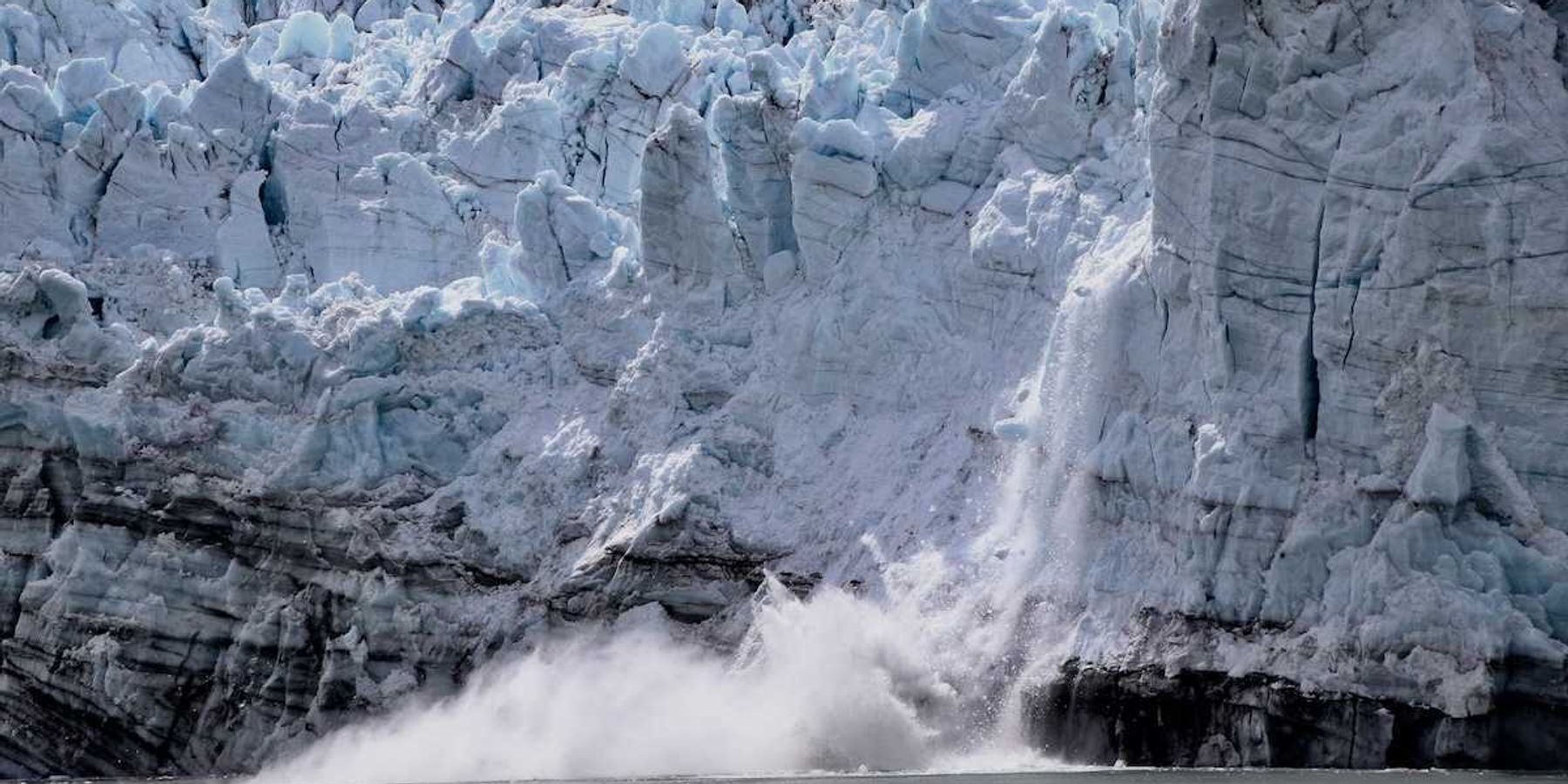permafrost thawing
Warming waters in Europe pose significant health risks, says EU agency
A report by the European Environment Agency warns of health hazards from emerging waterborne diseases and pollution due to climate change.
In short:
- Thawing permafrost in northern Europe is expected to release pathogens and pollutants, raising concerns about food and water safety.
- Health risks such as ciguatera poisoning from contaminated fish and anthrax outbreaks among reindeer are increasing due to climate impacts.
- The European Environment Agency urges immediate and comprehensive implementation of existing climate, water, and health policies.
Key quote:
"Protecting human lives and health from the impacts of climate change, including droughts, floods and worsened water quality is of utmost importance and urgency."
— Leena Ylä-Mononen, chief of the European Environment Agency
Why this matters:
Scientists warn that pathogens, some of which may have been encased in ice for thousands of years, could enter local water systems as the ice melts. This phenomenon raises the possibility of diseases unknown to modern medicine or those considered eradicated reappearing in the environment. Additionally, the release of pollutants—such as heavy metals and toxic chemicals previously locked within the ice—could contaminate soil and waterways, further threatening agricultural productivity and drinking water quality.
Be sure to read:









